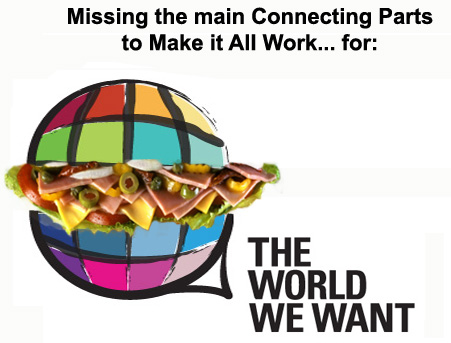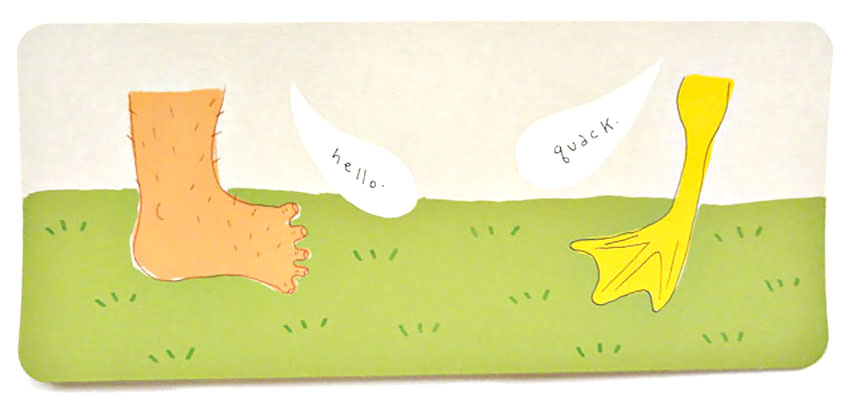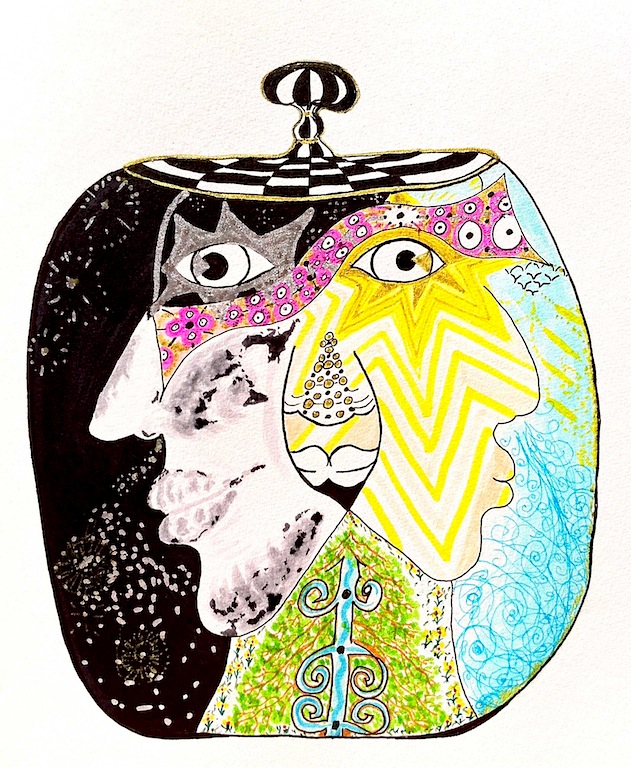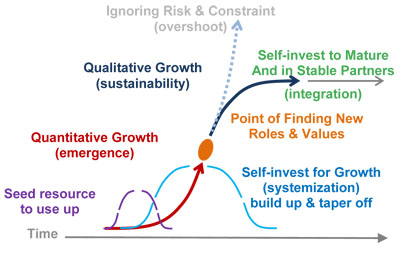A three minute message originally for the UN,
(YouTube video)
As a way of life no one would make a practice of consuming ever more of their neighbor’s resources. If we just pay someone else to do it for us though, and the profits are used to grow the process, people get so distracted they lose track of where the profits are coming from, … making the temporary fountain of wealth seem like a good enough idea to organize a whole civilization around.
The science I study clearly points to our society rapidly causing the greatest tragedy of the commons the earth has ever known. We don’t recognize our roles in it, simply for not looking at how our money does what it does for us, passing on our requests for services and generating profits to grow our ever increasing requests.
By looking at money only in relation to our own needs we are “laundering” the information about what our incomes, spending and savings really do, to the earth and for us. It’s visible enough we could easily get the idea of if we wanted; that it’s using money to make money that grows wealth and overshoots, spoiling the wealth created. So it’s our every-day practices of using money that overwhelm any way of creating reliable profits, passing on messages to add to demands beyond their limits rather than to care for the productive partnership people build with nature.
Spending the time and effort to see how our money system uses the earth has other returns. Gaining that ability to recognize how systems behave beyond our intent lifts a veil on new perceptions of nature and nature’s systems, with real benefits. Whether your first concern is cultural values, or economic ones, or religious ones, professional or artistic, it’s much the same. To learn how nature can work for you, you need to first find how to recognize nature’s systems and how they work.
It lets you watch and become familiar with the many more kinds of individually behaving living things around you. You begin to notice the communities, cultures, economies, industries, professions, networks, governments, environments, ecologies, and people’s lives, etc, around you, in a new way. You notice we’ve been ignoring them as living things, and how they behave by themselves, as a quite important neglected constituency on earth.
Each living system has its own internal organization and lively behaviors, that developed as it grew, as our own did, and as those of every other living thing. You may study them your own way, (no one actually has any other way…), but your approach needs to be a quite open minded and objective, like a scientist or a business person takes, or a parent takes, toward their care giving purpose, and use it to care for the earth.







